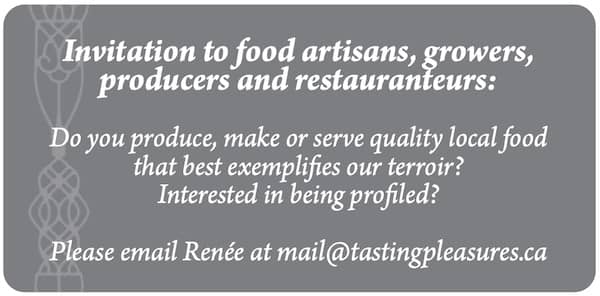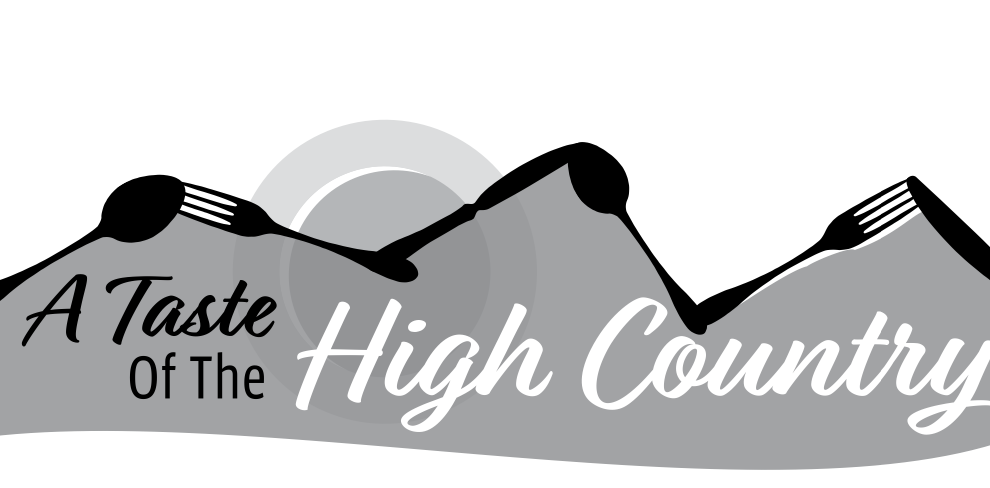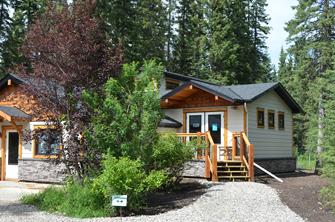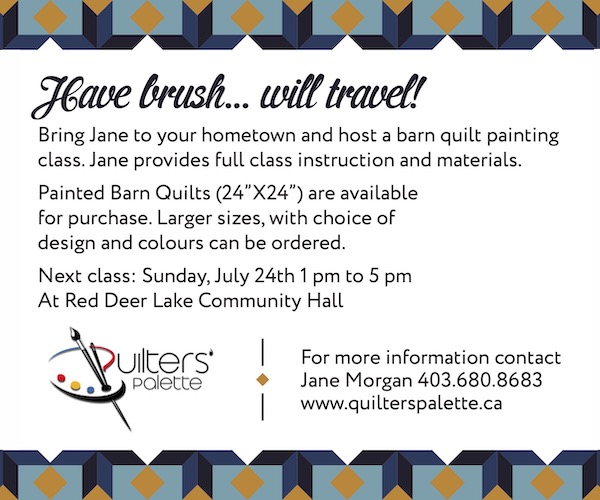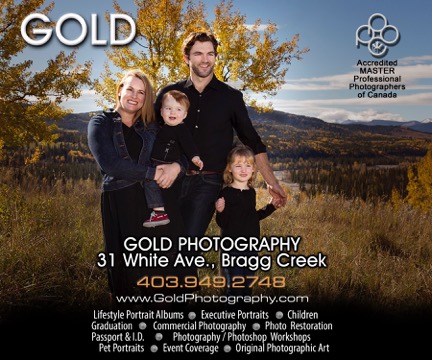Grapes of Smoke
Many people have asked me if the smoke from this summer’s wildfires in the Okanagan will impact the quality of the wines. The short answer is that – it depends. It is still too early to know. Grapes may not necessarily develop smoke taint when vinified. Then, again, it may. Many factors are at play. Here are a few.
The intensity of a fire and the type of material it is burning (i.e. type of plants, buildings, etc.) will generate various cocktails of chemicals and debris that are more or less toxic. Sometimes, days of exposure to smoke will not substantially affect the grapes. Other times a couple of hours of exposure is all it will take to damage them. And, when if the fire comes from afar (as in last year with the California fires), the concentration of particles will be diminished and the chemical makeup altered along the way.
The timing of fires matters too. When it occurs early in the growing season it may not be as harmful to immature green grapes with tough skin as it is to mature grapes with delicate skin later in the growing season. But then again, some grape varieties may be more susceptible to smoke contamination. For example, grapes with thinner skin, such as pinot noir, will absorb harmful compounds more readily than grapes with thicker skins such as, say, Cabernet Sauvignon. Finally lingering smoke may also affect the development of beneficial flavours that would otherwise be present while some grapes may benefit from a bit of smoke taint by virtue of their phenolic profiles (think Syrah).
As you can see, it is complicated. With the rising incidences of wildlifes, substantial resources are currently invested in the industry in Australia, California, and Canada to understand the impact fires have on vineyards and during the vinification process. The goal is to find the best ways to cope with the different problems fires and smoke create.
In the meantime, the frustrating part for the winemakers is that they do not know if their grapes are smoke taint unless they vinify them. This is because the sugar in the grapes binds the smoke compounds, essentially hiding the fault. In itself, the grape tastes good, but the fermentation process soon breaks down those bonds and the flawed phenols reveal themselves. It is an expensive and frustrating way to find out if your wine will develop unpleasant “ashtray” and “campfire” aromatics. Increasingly, however, oenologists are doing micro fermentation batches as test cases to avoid unnecessary expenses.
And so when a severe wildfire season hits home, winemakers are faced with limited options. They can make educated bets and vinify their wine, selecting yeast and using vinification techniques that may help reduce the potential impact of smoke taint in their wine. Others may skip winemaking and distill their grapes into spirits, believing it to be a safer option. As heartbreaking as it may be, others will discard the tainted grapes, although some may find a market in other industries such as in beauty products and supply them with grape material. And of course, with COVID, winemakers have been known to make excellent hand sanitizer (“Merlot scented hand sanitizer, anyone?”).
Obviously, the question for you, as a consumer, is what can you do to ensure the bottle you are buying is free of smoke taint? The easiest way is to purchase wines from regions and countries unaffected by wildfires… But, then again, you can also familiarize yourself with the “bad years” and avoid them when you shop. If you are not sure what those years are, speak to the wine expert in quality wine stores or do a quick internet search. Significant wildfires and smoke events took place in the Okanagan Valley in 2003, 2017, 2018 and 2021. California and the Western states experienced destructive wildfires in 2003, 2012, 2017, 2018 and, 2020, the worst year on record.
Perhaps, the easiest way, though, is to buy from reputable producers. The pride of winemakers are legends. They go to great lengths to provide the market with the best possible wines, even if it means sacrificing a season’s crop. Go for names that are synonymous with quality. Yes, you may pay a bit more, but, after all, I believe that drinking less but drinking better is what it is all about. Isn’t it?
Renée Delorme
Sommelier
www.tastingpleasures.ca
403.200.9961
mail@tastingpleasures.ca
Indulge in the pleasures of private tastings
